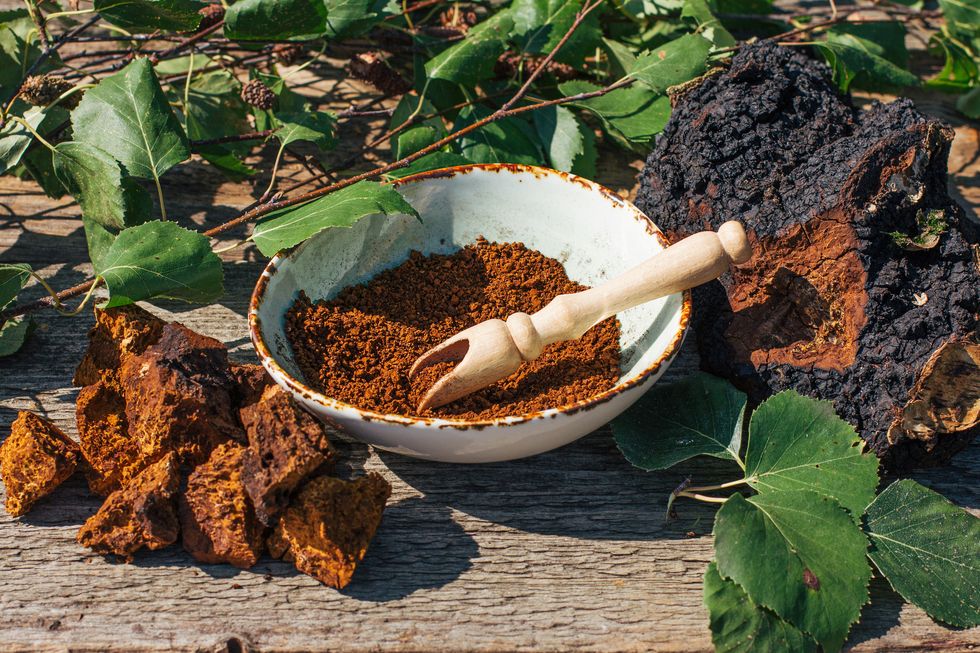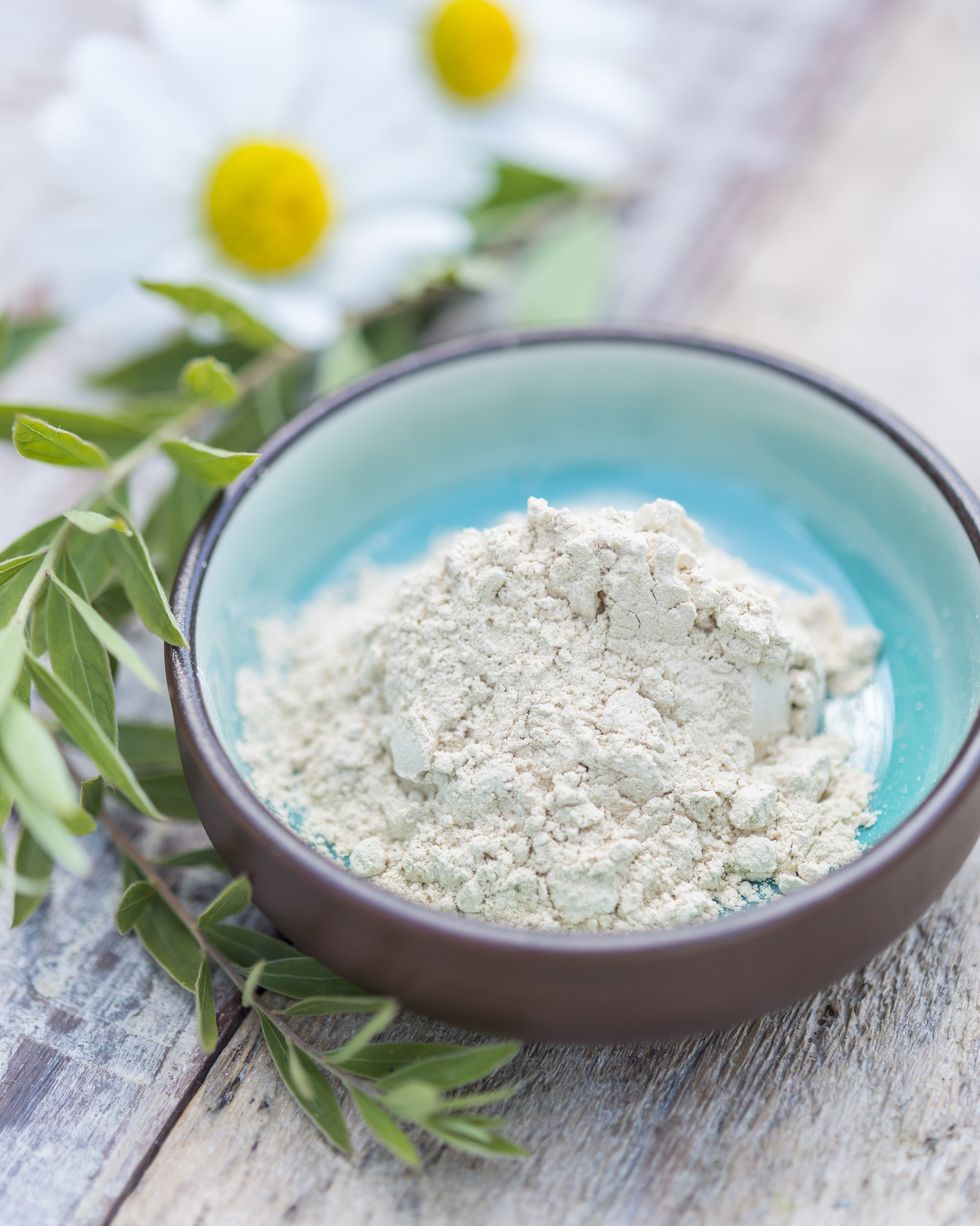As the world strives to discover the secret to living longer and healthier lives, there are constantly new health and wellness trends on the rise. Recently, adaptogenic herbs such as ashwagandha have become increasingly popular and made their way into products ranging from supplements and skin care to coffee and gin.
While other cultures have been using these medicinal herbs for centuries, only now are they receiving widespread attention in the Western world. However, before you decide to go all in on ashwagandha, take a moment to learn more about this ancient herb and other types of adaptogens, their benefits, and how you can safely and effectively incorporate them into your lifestyle.
What is ashwagandha?
Ash-wa-gand-huh? For thousands of years, practitioners of ancient ayurvedic medicine have used a herb called ashwagandha to help address a whole host of health issues, from chronic fatigue and thyroid imbalances to sleep disorders and restless leg syndrome.
One of the most well-known adaptogens, ashwagandha is native to India and Southeast Asia and has been praised for centuries for its abilities to decrease stress, increase energy levels, improve concentration levels, lower cholesterol, and balance blood sugar.
“Ashwagandha can be beneficial to overall health and well-being in some people,” says Valerie Agyeman, a registered dietitian and host of The Flourish Heights Podcast. “Health benefits include reducing stress hormone levels, supporting fertility, reducing inflammation, increasing energy, and improving sleep.”
What is an adaptogen?
It’s right there in the word. Named for their ability to “adapt” based on what the body needs, adaptogens have been used as a herbal medicine in ayurvedic healing practices for hundreds of years. They are special plants and herbs that are used to support adrenal function and help counteract the adverse effects of physical, mental, or biological stressors on the body.
Adaptogens are thought to provide a multitude of health benefits including combating fatigue, boosting the immune system, enhancing mental performance, slowing aging, lowering inflammation, and decreasing symptoms of anxiety and depression. While ashwagandha might be the herb that has everyone’s attention, there are several other adaptogens, each boasting an array of impressive health benefits. Here are some of the most common adaptogens.
Cordyceps
Long used in traditional Chinese medicine, cordyceps are a type of medicinal mushroom said to fight stress, help balance hormones, and offer antioxidant and anti-inflammatory benefits.
Taking cordyceps is believed to boost athletic performance, slow the aging process, and protect against health problems like asthma, depression, diabetes, fatigue, high cholesterol, upper respiratory tract infections, and even cancer. Dried whole cordyceps are often used to make tinctures and extracts, while powdered cordyceps can be blended into smoothies and protein shakes or brewed into tea.
Chaga
This superfood mushroom has been used for centuries in Siberia and other parts of Asia as a medicine to boost immunity, treat diabetes, fight certain cancers, and protect against heart disease. Chaga mushrooms, usually used in tea, are packed with vitamins, nutrients, and antioxidants that help fight free radicals to keep skin youthful, reduce anxiety and stress, and regulate hormones.
Reishi
Reishi mushrooms have been a staple in Eastern medicine, in which they are considered the mushroom of immortality. Reishi is packed with antioxidants that help to boost the immune system and build strength and vitality. This fungus also contains cancer-fighting beta-glucans that help regulate healthy blood sugar levels, help the body adapt to stress, and promote a healthy sleep cycle.
Maca
Known as “Peruvian ginseng,” maca is a plant that has been used in Peru for thousands of years as a natural medicine to treat various health conditions, such as respiratory conditions and rheumatic disease. Maca has also been researched as a remedy for sexual dysfunction, depression, hair loss, hot flashes, and fertility. It is widely known to be effective for boosting energy, improving mood, and increasing libido.
Holy Basil
From the leaves to the seed, holy basil is a sacred plant in Hindu cultures. Also known as tulsi, it’s considered the “mother medicine of nature.” Holy basil has been revered in Indian medicine since ancient times as a tonic for the body, mind, and spirit. The healing properties of holy basil have been used as a treatment for many conditions, including bronchitis, eczema, and eye diseases.
The plant has been shown to help protect against infection, lower blood sugar and cholesterol, ease joint pain, and protect the stomach from ulcers. It also has been praised for its antidepressant and antianxiety properties that promote longevity, enhance cognitive function, and relieve stress and anxiety.
Are adaptogens effective?
Although there is limited evidence from medical studies to back the claims of the effectiveness of adaptogens, recent studies have found evidence to show that adaptogens offer positive benefits and are usually safe for long-term use.
“There is a big misconception that regularly taking ashwagandha will make your stress vanish,” Agyeman says. “Yes, it may help reduce the symptoms, but it’s still super-necessary to make time to establish your unique stress management strategy.”
How can you incorporate adaptogens into your diet?
Adaptogens are available in many different forms. Most commonly, you’ll find them in powders and capsules or whole mushrooms and roots. There are now also a number of adaptogen-infused tinctures, tonics, foods, and drinks sprouting up on the shelves.
If you’re new to using adaptogens, a powder is the easiest way to begin. It can be measured and added to smoothies, oatmeal, baked goods, and other dishes. Before adding any adaptogen to a food source, be sure to understand the impact of each herb.
“You also want to be mindful of the amount you are taking because higher doses of supplements like ashwagandha may lead to certain side effects like diarrhea, vomiting, and irritation to the GI tract,” Agyeman advises. “It’s best to speak with your doctor, especially if you are pregnant or breastfeeding, to avoid any complications.”
How do you buy adaptogens?
To ensure you’re selecting the best herbal supplements, there are a few key things to look out for when shopping for adaptogens. You can find adaptogens in some supermarkets, at health-food stores, and through various online retailers.
Because adaptogens are not regulated by the U.S. Food and Drug Administration, it’s important to always read the labels. Look for adaptogen products that are USDA organic, all-natural, and ethically wild-harvested products certified by a third party such as the United States Pharmacopeia, NSF International, and ConsumerLab.com. These organizations and sources evaluate and report on a product’s level of purity and potency and ensure that the product contains at least 95 percent organic ingredients.
Lauren Paige Richeson is the author of the Avocado Obsession cookbook. She has contributed to Essence, Simply Recipes, Delish, Mashed, Taste of Home, Well+Good, and Eat This, Not That. Follow her on Twitter at @lpfedme.
Get Shondaland directly in your inbox: SUBSCRIBE TODAY



















